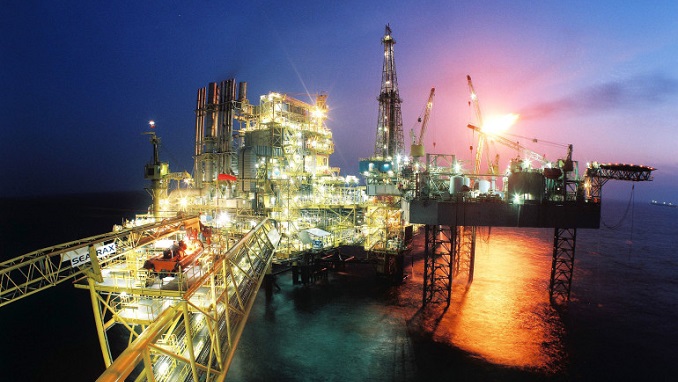The price war of the two largest oil producers could hurt other countries where production costs are larger, such as the United States, China, Brazil, and Northern Europe, analysts told TASS.
In the long run, a price war may turn out to be beneficial for both Russia and Saudi Arabia, as it will help cut out competitors. However, this will work if the United States does not begin to protect its shale industry by political and other methods, the experts cited by the state-run news agency believe.
“If the United States introduce anti-dumping duties on oil, which will support shale companies and protect them, then this is the most negative scenario for us, and for the Saudis, and for the market in general,” says Vasily Tanurkov, head of rating agency ACRA. If Washington does not follow up with tough defensive measures, then shale companies will begin to lose market share over time, he added.
If former allies continue to increase production over last the next couple of years and shale producers leave, the market will be able to balance itself out in 2-3 years, experts said.
“However, there will be no winners in this war. It can take a lot of time for shale companies to leave. And it is highly likely that such estimations will be too optimistic. It can turn out the other way around,” Tanurkov concluded.
“It is better to avoid any wars, including trade wars. Besides, we ourselves don’t quite understand who we are fighting in this situation – shale oil or Riyadh,” says Dmitry Marinchenko, director of corporate affairs at Fitch Russia.
Saudi Arabia may reach a production level of 12 million barrels per day (bpd) in 3-6 months, Director of ACRA corporate rating group Vasily Tanurkov said. In his opinion, increasing production capacities by 1 million barrels to 13 million will not happen right away, but “most likely by 2021.”
“But even if production reaches 11 million barrels, this is already a quite negative situation for the market,” he noted. In total, OPEC countries can increase supply by 3-5 million bpd starting from April, the expert added.
Russia is also ready for a period of low prices even “better than other countries,” Russian Finance Minister Anton Siluanov told reporters recently. According to him, Russia will not reduce the expenditures adopted in the budget. The oil industry is able to withstand volatility over a long period, according to the recent comments by Russian companies. Under the influence of factors such as coronavirus and recession, the price of oil “would still fall to $35 per barrel” and “the role of the OPEC+ agreement should not be overestimated,” Gazprom Neft CEO Alexander Dyukov said.












